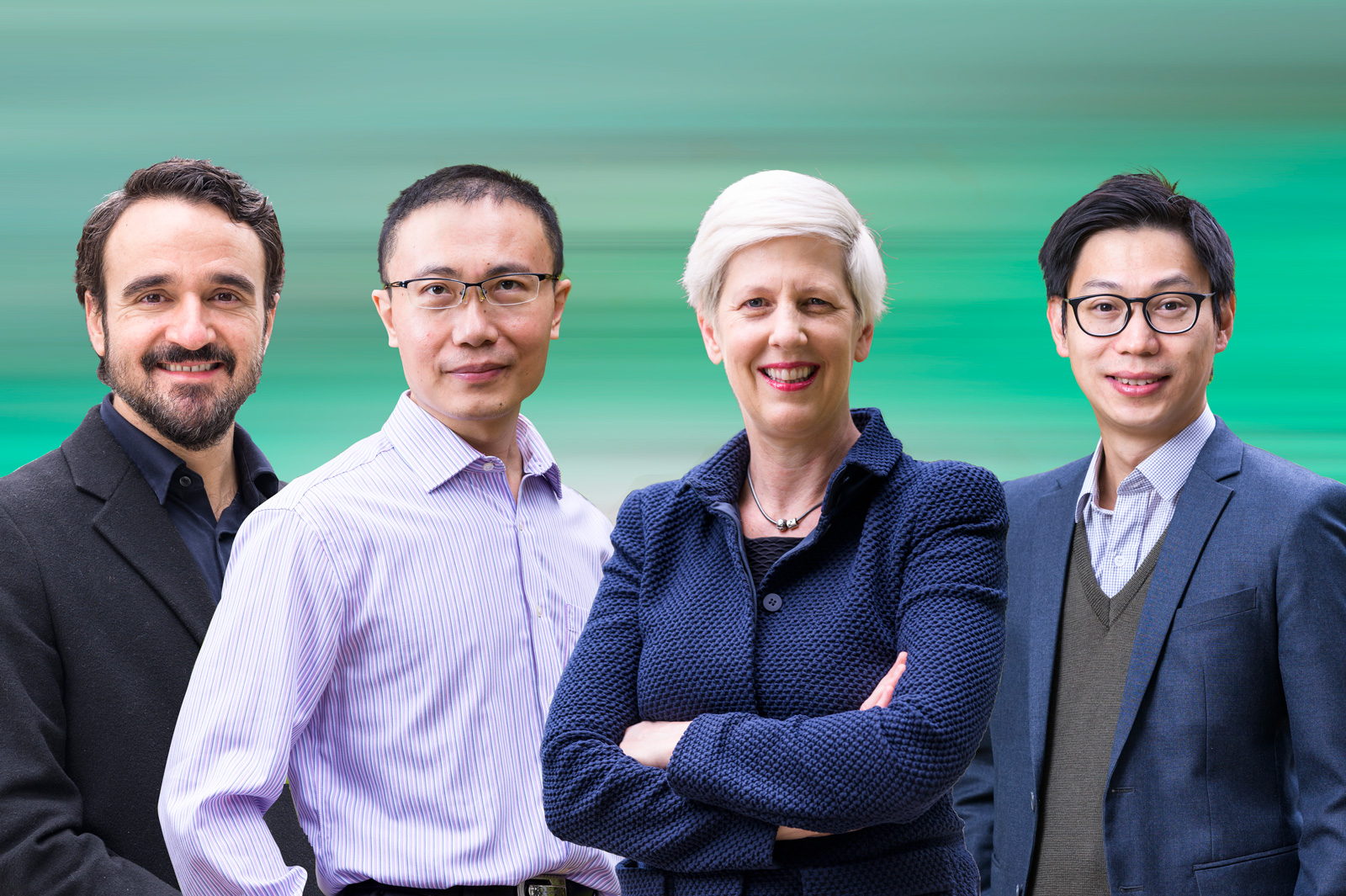News
As one of the most progressive universities in the world, City University of Hong Kong (CityU) has a well-earned global reputation as an innovative centre for research and professional education. According to metrics compiled by Stanford University, over 140 CityU faculty members are listed among the top 2% of the world's most highly cited scientists, reflecting the high academic standard of our faculty and our excellent research performance. Compared to faculty size, CityU's percentage of the world's top 2% most highly cited scientists is among the highest in Asia.
While the world is still trying to cope with the Covid-19 pandemic, Professor Dirk Pfeiffer, Chow Tak Fung Chair Professor of One Health at the Jockey Club College of Veterinary Medicine and Life Sciences (JCC) and Director of the Centre for Applied One Health Research and Policy Advice (OHRP), warned that the next pandemic could be even worse. The whole world must learn the lessons from the current pandemic, and one of them is that we need to adopt the “One Health” approach to better manage and ideally prevent such pandemics, and to deal more effectively with other global human, animal and environmental health issues, he said.
Big-data research led by Professor Julia Beatty, Head of the Department of Veterinary Clinical Sciences; Chair Professor of Veterinary Medicine and Infectious Diseases; and Director of the Centre for Companion Animal Health at City University of Hong Kong (CityU), has found that although more than 80% of cats in Australia were desexed, only a fraction have had surgery before reaching puberty, thus creating a “pregnancy gap”. To close this gap and prevent unwanted litters, it is recommended that the age of desexing is before four months.
On 18th November 2020, CityU and SPCA signed an historic Memorandum of Understanding expressing the willingness of both parties to promote a partnership to advance their shared goals in training and education, improving animal health and welfare, and benefitting the local community.
Three projects at City University of Hong Kong (CityU) have been granted $8.3 million in funding by the Health and Medical Research Fund (HMRF) under the Food and Health Bureau, spotlighting our valuable contributions to fighting Covid-19.
With an increasing global population, we often heard warnings about the possibility of a food supply shortage. In addition to climate change and the reduction of agricultural land, the world's food security is also threatened by bacterial diseases of plants. A joint research team led by scientists from City University of Hong Kong (CityU) has previously identified a pathogen’s transcription factors, the key proteins that are virulence-related. Recently, the team has further revealed the regulatory mechanisms of virulence of that pathogen, facilitating the development of new anti-bacterial drugs for prevention and treatment. Their findings could also promote future studies on that pathogen and the transcription factors of other pathogens.
City University of Hong Kong (CityU) held a groundbreaking ceremony for its veterinary teaching farm locating in Lam Tsuen, Tai Po on 19 November. The farm will be equipped with international standard facilities enabling teaching staff and students to have relevant teaching, learning and research activities once it is completed. In addition, high-quality CityU milk and ice-cream can be expected within next year.
Research at City University of Hong Kong (CityU) aimed at tackling Covid-19 has attracted over $7.1 million in funding from the Innovation and Technology Fund (ITF) under the Innovation and Technology Commission.
Long non-coding RNA (lncRNA) is a large and diverse class of RNA (ribonucleic acid) molecules which has become a growing focus of cancer genomics studies in recent years. In this article, we will explain what lncRNA is and its functions. It is known that the expression level (cellular abundance) of some lncRNAs is associated with disease onset or development, but the mechanism remains unknown. Scientists are trying to explore the mechanism in the hope of developing medical treatments.










